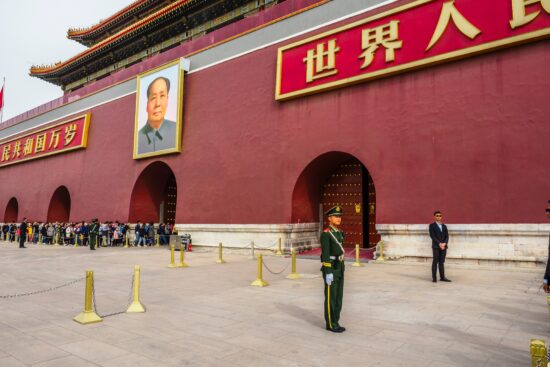Geopolitical tensions and widespread misery have already resulted from the ongoing crisis in Ukraine, but it can get far worse if China decides to arm Russia. According to earlier reports, there are worries that China is planning such a move, which could drastically alter the conflict’s power dynamics and elicit military reactions from other countries.
Even though the situation is complicated and multidimensional, examining some significant aspects that make China’s prospective assistance to Russia a risky development is essential.
First and foremost, it’s critical to recognize that the crisis in Ukraine poses a severe threat to both the rules-based system of international law and the world order as a whole. In addition to flagrant breaches of Ukraine’s sovereignty and territorial integrity, the annexation of Crimea by Russia and its backing for separatist insurgents in eastern Ukraine also violate the United Nations Charter and the Helsinki Final Act. To put pressure on Moscow to alter its course, Western countries, including the United States, the United Kingdom, France, and Germany, have denounced Russia’s conduct and levied sanctions.
Concerns about the conflict’s effects on global security have also arisen, especially for NATO members and regional partners. Russia has exploited the battle to put new military might to the test, prove that it is prepared to use force to further its objectives, and test the international laws and institutions that have limited it since the Cold War. This has increased political and financial pressure on Russia, military investment, and European deployments.
Potential Chinese backing for Russia might raise these tensions and spark a more significant battle. However, China can give Russia the vital supplies and resources it needs to alter the trajectory of the conflict. China is a reliable global power with substantial military and economic resources. This can involve providing money, funding, and cutting-edge weapons.
Such backing would not only extend the war and add to the misery of the Ukrainian people but also jeopardize the region’s security system. That would represent a significant shift in the balance of power, damage the reputation of Western countries, and make it more difficult for them to uphold international law and order. Also, NATO and other countries could feel obligated to retaliate against China’s moves, which might spark a more significant battle.
Also, China’s backing of Russia may have significant economic repercussions for the area and the world. Trade and energy flow disruptions brought on by the conflict have already cost Russia and Ukraine a lot of money. If it publicly supports Russia, China might be subject to severe economic penalties and diplomatic exclusion from other countries, especially the United States and its allies. A deeper economic slowdown and turmoil in international markets might result from this.
The possibility that China would arm and assist Russia in the crisis in Ukraine poses a severe danger to international peace and stability. It may spark a more significant confrontation, threaten the rule-based system of international law, and harm the global economy severely. As a result, all parties need to settle the dispute diplomatically and amicably, and China should avoid taking any steps that would raise tensions or threaten the global system as it is now.





